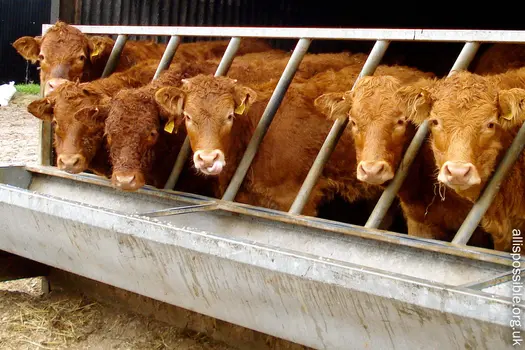June 2, 2022 – Most experts agree that a major factor in climate change is humans’ production of greenhouse gases, which trap heat in the Earth’s atmosphere. Many of those gases come from burning fossil fuels like coal, natural gas, and oil, but around 30% of global emissions come from the global food system.
Here are some ways the food we eat is helping to drive climate change.
Water Guzzling
Humans have been watering crops for thousands of years, but the last 2 centuries have seen explosive growth in irrigation technology and the amount of water used. Between 1800 and 2000, irrigated lands worldwide went from around 20 million acres to more than 615 million acres. Today, agriculture accounts for 72% of all freshwater use in the world. For instance, it takes 3,000-5,000 liters of water to produce a single kilogram of rice, a staple for 60% of the world’s population. Pumping and treating water accounts for 3% of the United States’ total energy use – that’s a lot of greenhouse gas.
Impacts of Packaging
All those single-serve items and ready-made meals in grocery stores make packing lunch easier, but they come with a cost: More than two-thirds of the world’s packaging materials are used in the food sector alone. The packaging industry uses more plastics than anyone else, and plastics are made from fossil fuels – they emit greenhouse gases throughout their entire lifecycle. Many plastics wind up in landfills, where they take many years to break down. And when they do, they become microplastics, which enter the food chain when animals and fish consume them. Recently, microplastics were found in human blood for the first time.
Food Waste and the Environment
One-third of the food raised or prepared around the world never gets eaten. When you think about how much work and greenhouse gas go into growing, harvesting, shipping, processing, and packaging food, the following statistic shouldn’t surprise you: Food waste – including the moldy leftovers you throw away, the perishables that don’t get bought, and the imperfect crops left in the field – accounts for 8% of global greenhouse gas emissions. And the U.S. is responsible for 10% of global food waste, although we have only 5% of the world’s population.
